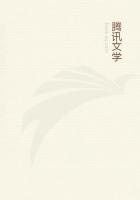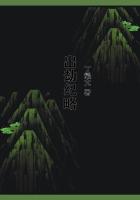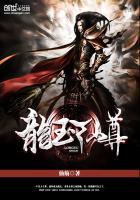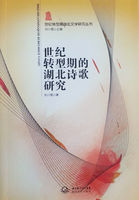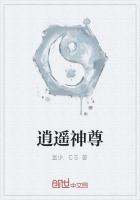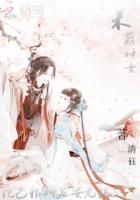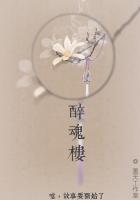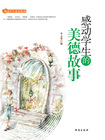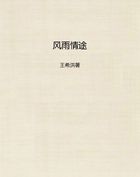All this aspect of humility, however, as connected with the matter of effort and striving for a standard set above us, I dismiss as having been sufficiently pointed out by almost all idealistic writers.
It may be worth while, however, to point out the interesting disparity in the matter of humility between the modern notion of the strong man and the actual records of strong men. Carlyle objected to the statement that no man could be a hero to his valet.
Every sympathy can be extended towards him in the matter if he merely or mainly meant that the phrase was a disparagement of hero-worship.
Hero-worship is certainly a generous and human impulse; the hero may be faulty, but the worship can hardly be. It may be that no man would be a hero to his valet. But any man would be a valet to his hero.
But in truth both the proverb itself and Carlyle's stricture upon it ignore the most essential matter at issue. The ultimate psychological truth is not that no man is a hero to his valet.
The ultimate psychological truth, the foundation of Christianity, is that no man is a hero to himself. Cromwell, according to Carlyle, was a strong man. According to Cromwell, he was a weak one.
The weak point in the whole of Carlyle's case for aristocracy lies, indeed, in his most celebrated phrase.
Carlyle said that men were mostly fools. Christianity, with a surer and more reverent realism, says that they are all fools.
This doctrine is sometimes called the doctrine of original sin.
It may also be described as the doctrine of the equality of men.
But the essential point of it is merely this, that whatever primary and far-reaching moral dangers affect any man, affect all men.
All men can be criminals, if tempted; all men can be heroes, if inspired.
And this doctrine does away altogether with Carlyle's pathetic belief (or any one else's pathetic belief) in "the wise few."There are no wise few. Every aristocracy that has ever existed has behaved, in all essential points, exactly like a small mob.
Every oligarchy is merely a knot of men in the street--that is to say, it is very jolly, but not infallible. And no oligarchies in the world's history have ever come off so badly in practical affairs as the very proud oligarchies--the oligarchy of Poland, the oligarchy of Venice.
And the armies that have most swiftly and suddenly broken their enemies in pieces have been the religious armies--the Moslem Armies, for instance, or the Puritan Armies. And a religious army may, by its nature, be defined as an army in which every man is taught not to exalt but to abase himself. Many modern Englishmen talk of themselves as the sturdy descendants of their sturdy Puritan fathers.
As a fact, they would run away from a cow. If you asked one of their Puritan fathers, if you asked Bunyan, for instance, whether he was sturdy, he would have answered, with tears, that he was as weak as water. And because of this he would have borne tortures.
And this virtue of humility, while being practical enough to win battles, will always be paradoxical enough to puzzle pedants.
It is at one with the virtue of charity in this respect.
Every generous person will admit that the one kind of sin which charity should cover is the sin which is inexcusable. And every generous person will equally agree that the one kind of pride which is wholly damnable is the pride of the man who has something to be proud of.
The pride which, proportionally speaking, does not hurt the character, is the pride in things which reflect no credit on the person at all.
Thus it does a man no harm to be proud of his country, and comparatively little harm to be proud of his remote ancestors.
It does him more harm to be proud of having made money, because in that he has a little more reason for pride.
It does him more harm still to be proud of what is nobler than money--intellect. And it does him most harm of all to value himself for the most valuable thing on earth--goodness. The man who is proud of what is really creditable to him is the Pharisee, the man whom Christ Himself could not forbear to strike.
My objection to Mr. Lowes Dickinson and the reassertors of the pagan ideal is, then, this. I accuse them of ignoring definite human discoveries in the moral world, discoveries as definite, though not as material, as the discovery of the circulation of the blood.
We cannot go back to an ideal of reason and sanity.
For mankind has discovered that reason does not lead to sanity.
We cannot go back to an ideal of pride and enjoyment. For mankind has discovered that pride does not lead to enjoyment. I do not know by what extraordinary mental accident modern writers so constantly connect the idea of progress with the idea of independent thinking.
Progress is obviously the antithesis of independent thinking.
For under independent or individualistic thinking, every man starts at the beginning, and goes, in all probability, just as far as his father before him. But if there really be anything of the nature of progress, it must mean, above all things, the careful study and assumption of the whole of the past. I accuse Mr. Lowes Dickinson and his school of reaction in the only real sense.
If he likes, let him ignore these great historic mysteries--the mystery of charity, the mystery of chivalry, the mystery of faith.
If he likes, let him ignore the plough or the printing-press.
But if we do revive and pursue the pagan ideal of a simple and rational self-completion we shall end--where Paganism ended.
I do not mean that we shall end in destruction. I mean that we shall end in Christianity.

